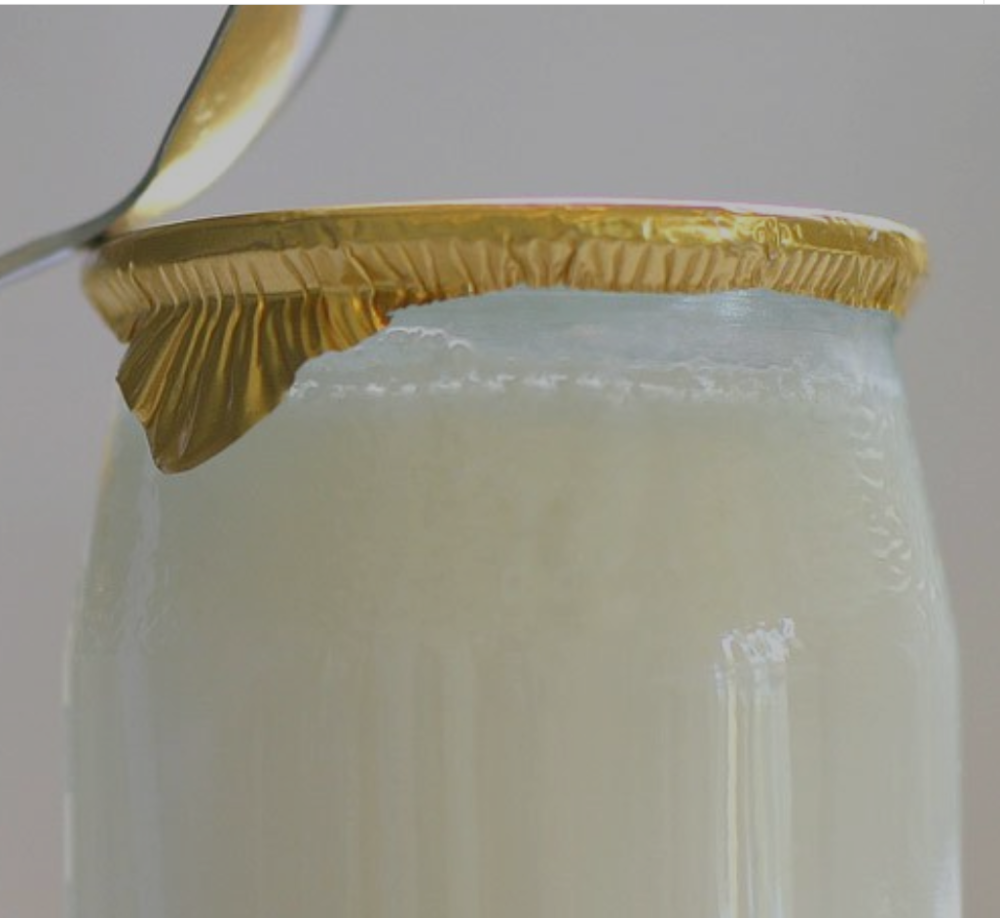What implicit associations do we make when making decisions?
Let’s have a look at this yogurt.

What kind of conceptual associations does our brain make when faced whith this yogurt?
- Is it ight?
- Is it healthy?
- Is it tasty or untasty?
Well, it depends on which continent we are from!
Implicit associations study
Based on a study by OC Werle, if we ask the question to Americans, they state that healthy products are less tasty than unhealthy products, while only a minority (~20%) of French consumers state so.
But what we get by questioning consumers directly is only the emerged side of their decision-making process.
What are their implicit associations between healthiness and tastiness? In order to explore these hidden associations, several psychologists, both in the US and in France, have used IAT (Implicit Association Tests).
This test has enabled to measure the implicit association between a series of words related to healthiness/unhealthiness with a series of words related to tastiness/un-tastiness.
Results show that in the USA, the few consumers who explicitly associate healthiness and tastiness implicitly think the opposite. In France, the few consumers (~20%) who explicitly associate unhealthiness and tastiness also implicitly think the opposite!
Reference
Werle, C. O., Trendel, O., & Ardito, G. (2012). Unhealthy food is not tastier for everybody: The “healthy= tasty” french intuition. Food Quality and Preference.

